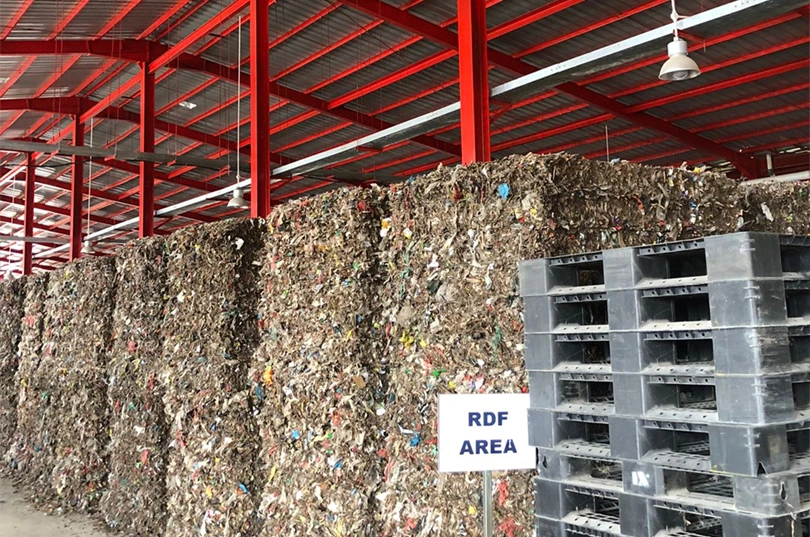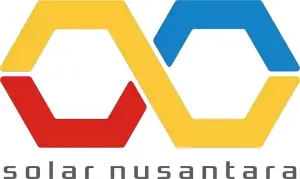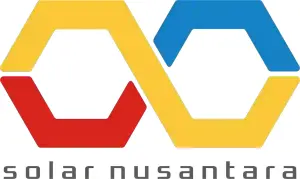RDF

Transforming Waste into Energy: The Power of Refuse-Derived Fuel (RDF)
Do you know that your household waste can be transformed into a valuable source of energy? Introducing Refuse-Derived Fuel (RDF), a type of fuel produced by processing municipal solid waste (MSW) or household waste. The waste is first sorted to remove recyclable materials, and then processed to produce a fuel with a high energy content.
RDF can be produced in different ways, such as shredding, drying, and compacting waste into pellets or briquettes. This versatile fuel can be used as a substitute for traditional fossil fuels in industrial applications such as cement kilns, power plants, and boilers.
The benefits of RDF are numerous. It diverts waste from landfills, reducing the environmental impact of waste disposal. It also reduces greenhouse gas emissions by offsetting the need for fossil fuels, making it a clean and renewable energy source. RDF can help countries and regions achieve their renewable energy targets, contributing to a sustainable future.
Despite the challenges that RDF presents, such as specialized equipment needed to handle and process waste and potential pollutants released during combustion, it is important to consider the benefits of RDF production and use. By using RDF, we can transform waste into a valuable source of energy while promoting a greener and more sustainable future.
Join us in our mission to transform waste into energy! Contact us now to learn more about Refuse-Derived Fuel and how it can benefit your business or community.

